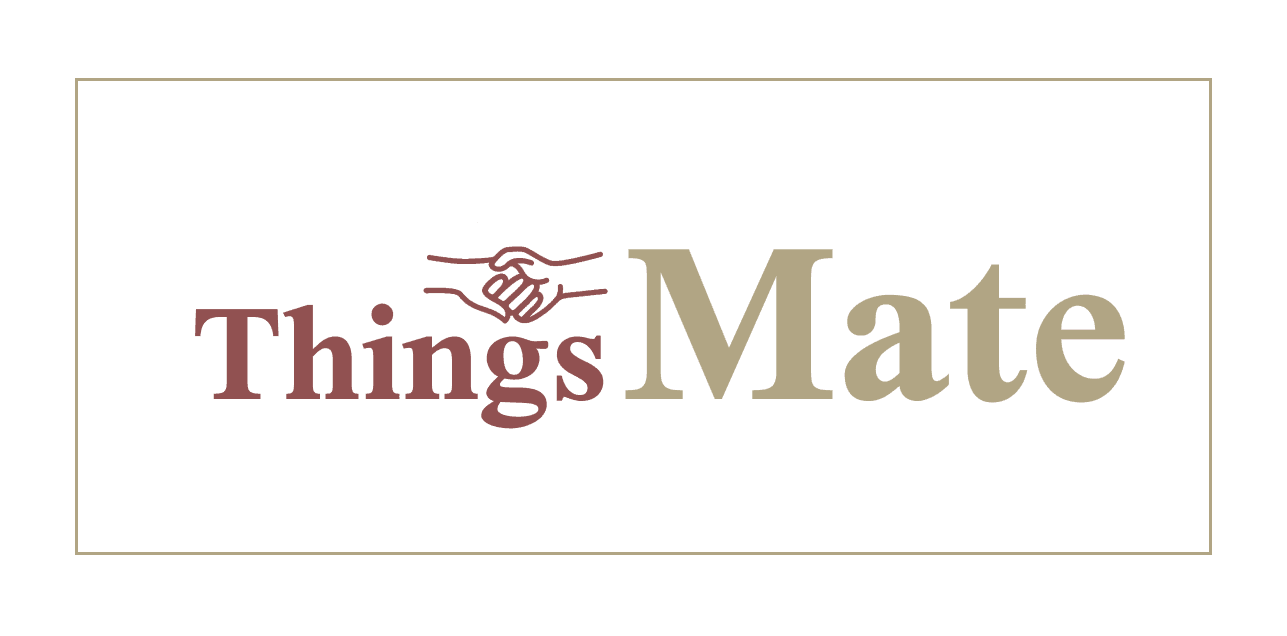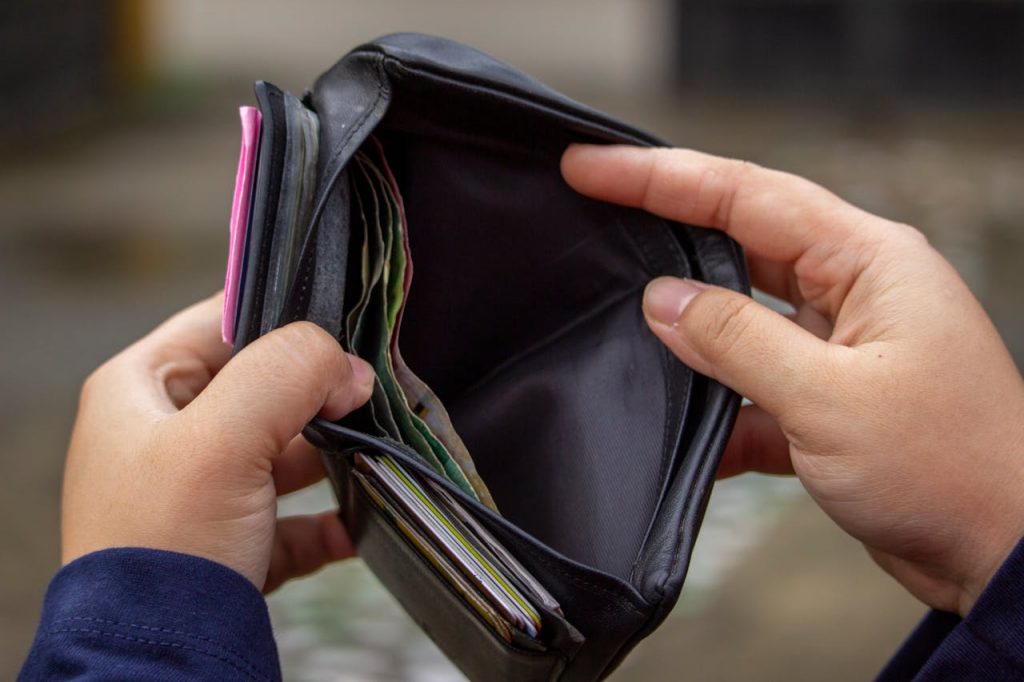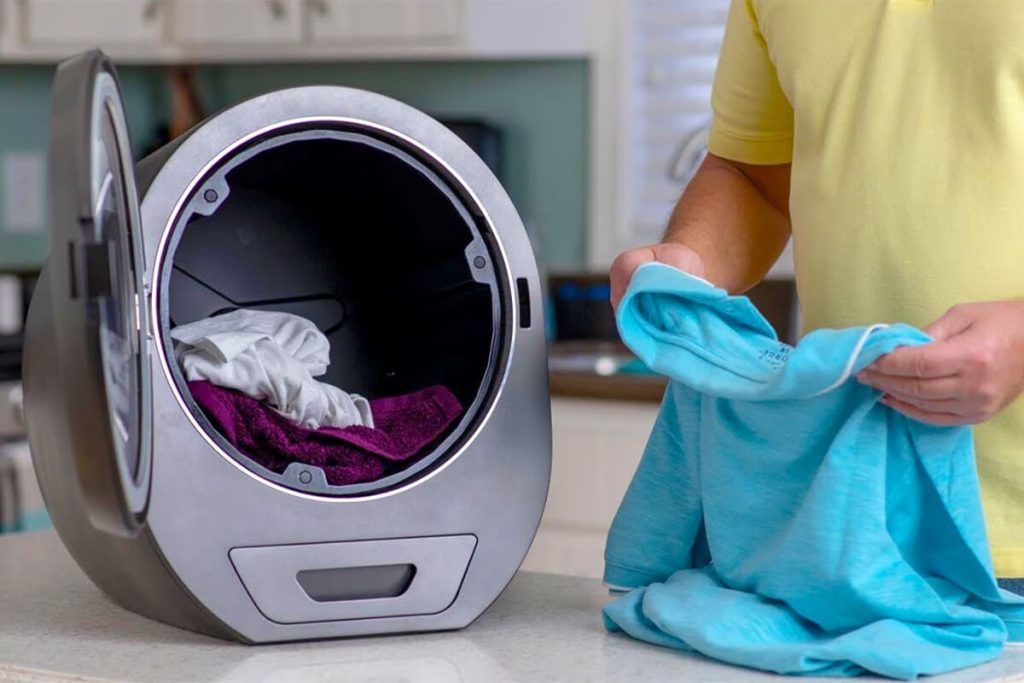A savings account is a deposit account designated for keeping money you don't intend to spend any time soon. This is the exact opposite of a checking account, which is a transactional account meant for expenditures. Instead of storing money in your home from a safe or under the mattress, a savings account favors all safe money stashing. It allows you to accomplish a specific goal and purpose.
You can open a savings account to hold money for emergencies or travel. Once you are ready to use the money for its purpose, you can easily withdraw it. However, many banks and credit unions may limit the number of transactions or withdrawals from your savings account. If you are new to savings accounts and looking forward to opening one, you are in the right place. This article will take you through all things savings to help you make a more informed decision. Let’s dive in!
Pros
- You get to earn interest on account balance.
- Savings Account provides more security than cash.
- It is easy to operate due to the help of ATM/Debit cards, cheques, cash, and online banking.
Cons
- You may be tempted to spend more than save due to its high liquidity
- It may be less convenient for businesses since transaction amounts are limited per day/month.
How Does a Savings Account Work?

Anna Shvets / Pexels
Savings accounts are pretty straightforward. All that is required of you is to visit a bank or credit union of your choice and deposit the amount you intend to save. Your bank then pays you interest on the account balance. You can continually deposit your cash in the savings account in plenty of ways. Here are the methods you choose according to what’s convenient for you:
- Direct deposit
- ACH transfers from a linked bank account
- Check or cash deposits at the ATM
- Cash or check deposits at a branch
- Wire transfers from another bank account
- Mobile check deposit
The annual percentage yield (APY) and the interest rate earned will vary from bank to account type. APY is the interest rate earned from your savings after all the compounding interest is considered.
In simple terms, the higher your APY is, the more motivated you are to keep depositing, and the more your money grows over time. These days, there are savings calculators you can use to calculate your potential savings. Once you can identify your savings account rates, you will be able to choose a savings account that works to your advantage. This takes us to identify some of the savings accounts available and which one to settle for in the long run.
Types of Savings Accounts
You can choose from various types of savings accounts depending on your needs. Here's a brief overview of how they compare and operate.
Standard Savings Accounts
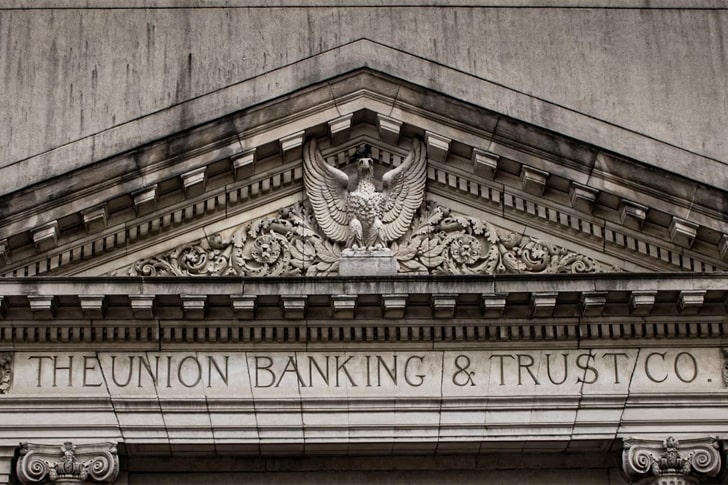
Luke Shaffer / Unsplash
Also known as traditional savings accounts, these are the most commonly offered savings options. They are mostly located in credit unions and brick-and-mortar banks. Unfortunately, these types of accounts don't give the best savings account rates. To top it up, you may be subjected to a minimum or monthly balance fee. These accounts are as basic as they come and don't offer many features to enjoy.
High-Yield Savings Accounts
Just as the name suggests, high-yield savings accounts offer an above-average APY. This is a better option compared to a standard savings account if you are looking for the best option. Although traditional banks and credit unions offer high-yield savings accounts, you are mostly inclined to find them at online banks. This is because online banks often charge lesser fees for high-yield accounts because of their lower overhead.
Money Market Accounts
Money market accounts are another savings account option. It is a combination of a checking account and a savings account. This means other than earning interest on your balance; you can make transactions using a debit card or write checks to handle payments. Although money market accounts are a better option than standard savings accounts, you may be limited to only six withdrawals monthly.
Student and Kids' Savings Accounts

Oleksandr P / Pexels
Teach your children effective saving by opening a kids' savings account. These accounts are designed to favor them and teach them proper saving habits. They, however, have an age limit, the same case for student savings accounts. You may not qualify for a student savings account if you are above the age of 25. These types of accounts are mostly situated in traditional banks, but you can also find them on online banks. When it comes to interest rates, high-yield savings are still a go-to. But they still make a difference and ensure they give a valuable lesson on the value of saving among youngsters.
Specialized Savings Accounts
Some banks offer special savings accounts specially customized to fit your savings goals. For instance, you may open a particular savings account just to save up for a down payment for a house or traveling. Or you may have started a business and want to save up for business purposes. This way, you will end up opening a business account. Education savings accounts also help save up for your child's college.
As these types of accounts aren't as common as other savings accounts, there may be a couple of restrictions that may come as a disadvantage. For example, if you opened something like a Christmas account for the holidays, you may only withdraw once a year in November. This is a drawback, considering it’s way ahead of the shopping season.
How Much Should You Keep in Your Savings Accounts?
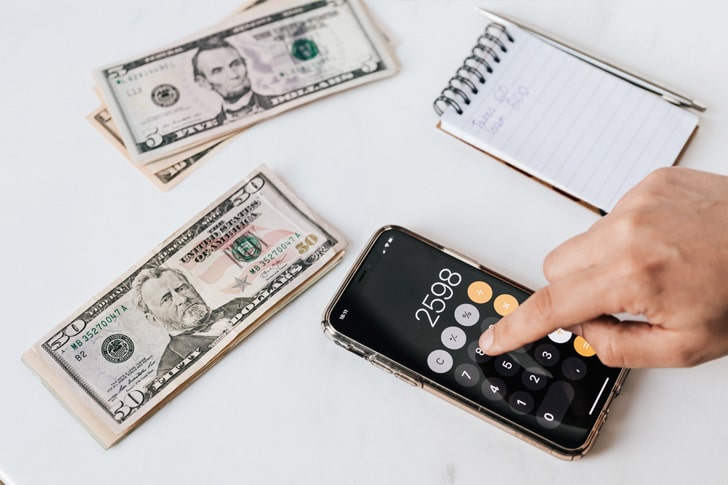
Karolina Grabowska / Pexels
Your goals for the money or how you utilize the account will determine how much you retain in your savings account. Your balance will likely fluctuate if you have a savings account configured to automatically transfer surplus money from your checking account. On the other hand, if you are gradually increasing your savings, your balance will probably begin low and rise over time.
If, on the other hand, you have designated your savings account as an emergency fund, most financial advisors advise you to maintain sufficient savings to cover three to six months' worth of living expenses. This will provide you with a safety net if you experience a medical emergency, lose your job, or experience another costly emergency.
Some analysts advise transferring the remaining emergency cash to an instrument or account that yields a greater return while retaining a portion of it in a basic savings account. In any event, note that NCUA insurance at credit unions and FDIC insurance at banks protect deposits. If the institution fails, these two safeguard the deposit amounts of each account holder at the institution up to $250,000—this more than covers what most customers have on deposit.
However, you should distribute your amount among many account holders or institutions if you have over $250,000 in bank accounts.
How Do You Open a Savings Account?
Going to a bank branch, you can start a savings account by bringing any cash or cheques you want to deposit, along with your government-issued ID. In addition, you'll be required to provide your address, phone number, Social Security number, and taxpayer identification number (TIN). You might need to open a savings account in addition to a checking account, and there might be a minimum deposit requirement. Opening a savings account with an internet bank is another option.
Various Options for Savings Accounts
There are other places to save money to support your financial objectives than savings accounts. You may want to think about any of the following savings account options, depending on your needs:
- Certificate of Deposit: You may save money using CDs and collect interest for a predetermined time. When it matures, you can take your original investment and interest out of the CD.
- A cash management account: A cash management account may be available if you invest at an online brokerage. The money in these accounts depends on your investment readiness. Some may allow access with an ATM or debit card, while others may provide interest.
- High-yield checking: High-yield checking accounts facilitate spending and bill payment while allowing you to earn interest on your funds.
Knowing what you need and desire can help you choose the finest savings account or savings account alternative. Whichever bank gives the most value in terms of cost, convenience, features, services, and rewards is the best option for savings accounts or other accounts.
The Bottom Line

freepik / freepik
A savings account comes in handy when you are looking to achieve a financial goal. Before opening a savings account, evaluate all the types of savings accounts available at your disposal. With the above evaluation, you can now confidently choose an account that favors your needs. You should also consider how much money you are looking to save, as some banks may require a minimum deposit to activate your account.
Finally, take note of the APY, fees, and whether you want to move towards a traditional bank, online credit union, or a brick-and-mortar bank. Online Finance can help you locate some of the best-rated savings banks you can choose from—head over there to check them out for free today.
Find here the best online saving accounts for 2024
Frequently Asked Questions (FAQs)
What do you mean by savings account?
A savings account is a deposit account used to keep funds you intend to use down the road. This is not the same as a checking account, which is a transactional account designed for regular spending and through which you may write checks and use a debit card to make purchases and withdrawals from ATMs.
Can you withdraw money from a savings account?
Yes. As it is your money, you may take money out of your savings, but be aware that certain banks may have monthly withdrawal caps. However, you can deposit money as often as you'd like.
How much interest does a savings account earn?
The bank's annual percentage yield (APY), your balance, and the frequency of interest compounding all affect how much interest you get on your savings account. You aren't in a savings account if the APY is greater and interest is compounded more regularly.
How to close a savings account?
You can shut a savings account in person or online, depending on the bank. If you close it online, you will have to move your money to another account. You can obtain an official check for the amount owed on a savings account you're closing in person and transfer it to a new account. Remember to confirm that your savings account has been canceled. If not, you may have to pay more money or face fines.
show more
